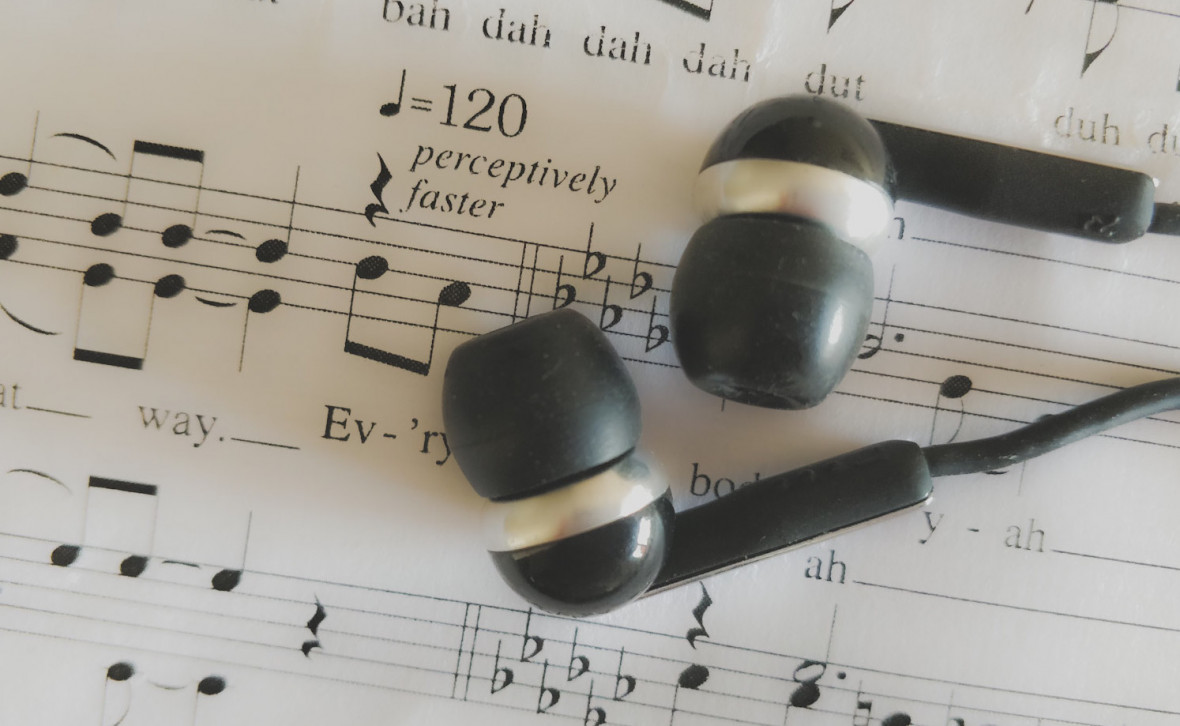
What type of learner are you?
Anyone who sings must, at some point, or many times, learn a new song. In the barbershop world this happens at least once a year. With a 153-member choir, there are many different personality types or characters that represent various ways that singers best learn a song. Which one are you?
The music theory nerd
You have most likely studied music theory at university and have no problem reading treble and bass clefs and maybe even alto clef. When you get a new song, you go to the sheet music, not the learning tracks. After a quick read through you can basically sing the song prima vista and you know, and will gladly explain, why it is a B sharp in the sheet music instead of a printed C.
Queen of rhythm
For you everything is about the rhythm and the beat. When you learn a song you start by internalizingthe song's BPM (beats per minute) in your spinal cord so that you can always feel the tempo. The notes and lyrics are not so important, as long as they’re sung for the right duration and in the right place. Your face is prone to wearing distorted expressions when the chorus (in the beginning of a rehearsal) both increases and drops the tempo. You can’t really help yourself when you accidentally point out that measure 37 is made up of syncopated 16 th notes--not triplets--at the first rehearsal.
La la la-girl
Lyrics are not really your strong suite. When you learn a song, the chord progression and melody come as naturally as breathing: It happens without you even thinking about it. Although you can already hum the whole song at the first rehearsal, you can’t sing a word except possibly ‘love’ and ‘you’, which are found in all songs and repeated more than anyone can count.
The teacher
Teaching is no problem, you do it every day. As a teacher you are experienced with various study techniques and are happy to share your knowledge with the rest of the choir. You help the la la la-girl with tricks to learn lyrics, particularly using visual representations to help her see the story behind the words. You often explain to your fellow singers what the music theory nerd means when she preaches in jargon that no one else understands. For you, helping others is the best way to learn the song.
The rest of us
Unlike the above, those of us who are mere mortals tussle over the notes, the text and the learning tracks until we find our way. Day after day, week in and week out. When we learn a song, we combine all available tools, with a bit of panic, at the same time. We may even print the lyrics on a separate piece of paper and try imprint it in our brains hoping that our (non-existent) photographic memories will kick in. Lucky for us there are not so many new songs each year...
How Rönninge Show Chorus learns a new song:
|

